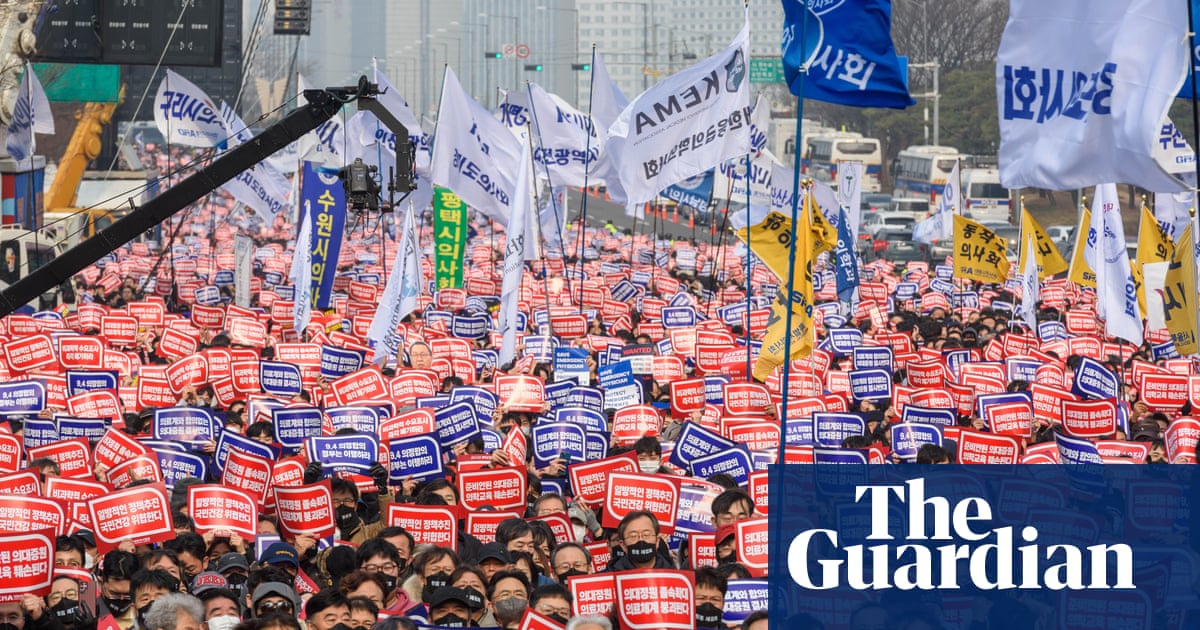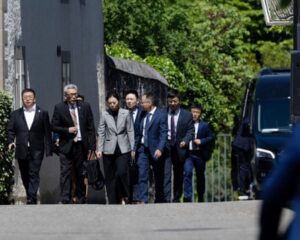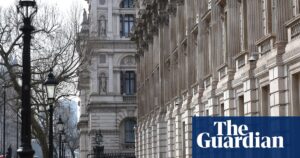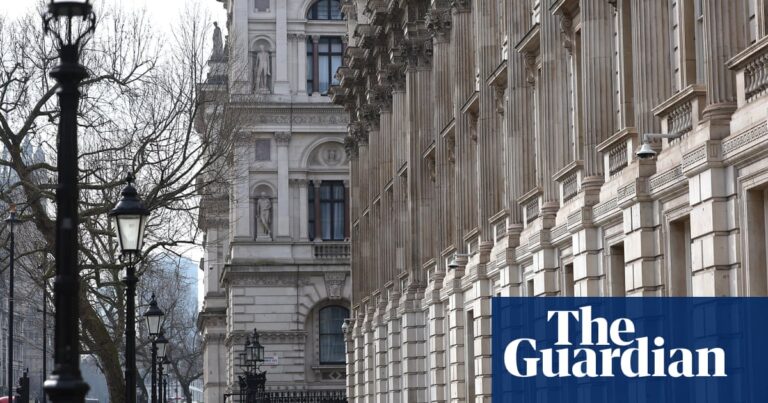
The government of South Korea has begun implementing measures to revoke the medical licenses of numerous doctors who are on strike, amidst worries that the ongoing month-long disagreement is causing disruptions in essential healthcare services.
According to reports from the media, about 12,000 doctors from 100 teaching hospitals staged a walkout, resulting in surgeries being cancelled, longer wait times, and treatment delays. This has also affected patients in need of urgent care.
The Ministry of Health has initiated processes that may result in the revocation of licenses for 4,900 doctors who are on strike, if they refuse to follow orders and resume their work.
The ministry also said it had sent administrative notifications, following up on warnings that strikers faced a three-month suspension – a punishment that could delay their ability to qualify as specialists for at least a year.
The increasingly acrimonious dispute began as a protest against government plans to dramatically raise the number of trainee doctors to address shortages in rural areas and greater demand on services caused by South Korea’s rapidly ageing population.
The 11,994 doctors on strike, composing 93% of the trainee workforce, argue that admitting 2,000 more students per year starting in 2025 will negatively impact the quality of services. They are requesting better pay and working conditions instead.
This week, the Ministry of Health announced plans to deploy 20 military surgeons and 138 public health doctors to increase staff levels at certain hospitals. However, they have denied that the nation’s healthcare system is in disarray.
The director of the Ministry of Health and Medical Policy, Chun Byung-wang, proposed that doctors who come back to their duties will not face any repercussions. “The government will consider the situation and support medical trainees who resume their work before the administrative action is finalized,” Chun stated.
He stated: “The government remains committed to dialogue and the door is always open. We will value and consider the opinions of the medical community as partners in implementing healthcare reforms.”
The government recently announced steps to address the conflict by providing better compensation and benefits for medical trainees. They also promised to review the practice of continuous 36-hour work shifts, which has been a major concern for junior doctors. However, these actions have not appeased the doctors.
There is a mounting call for the two parties to engage in negotiations.
The Kyunghyang Shinmun newspaper stated in an editorial that doctors and the government should work together rather than opposing each other. With people’s patience running thin, a solution must be reached through communication between both parties.
Opponents of the hiring strategy have alleged that Yoon Suk Yeol, the conservative leader of the country, is utilizing the medical changes as a means to improve the chances of his People Power party in the upcoming national assembly polls.
A survey released by Yonhap news agency last week revealed that 84% of individuals surveyed were in favor of increasing the number of doctors in the workforce, while 43% believed that doctors participating in strikes should face strict consequences.
Source: theguardian.com

















